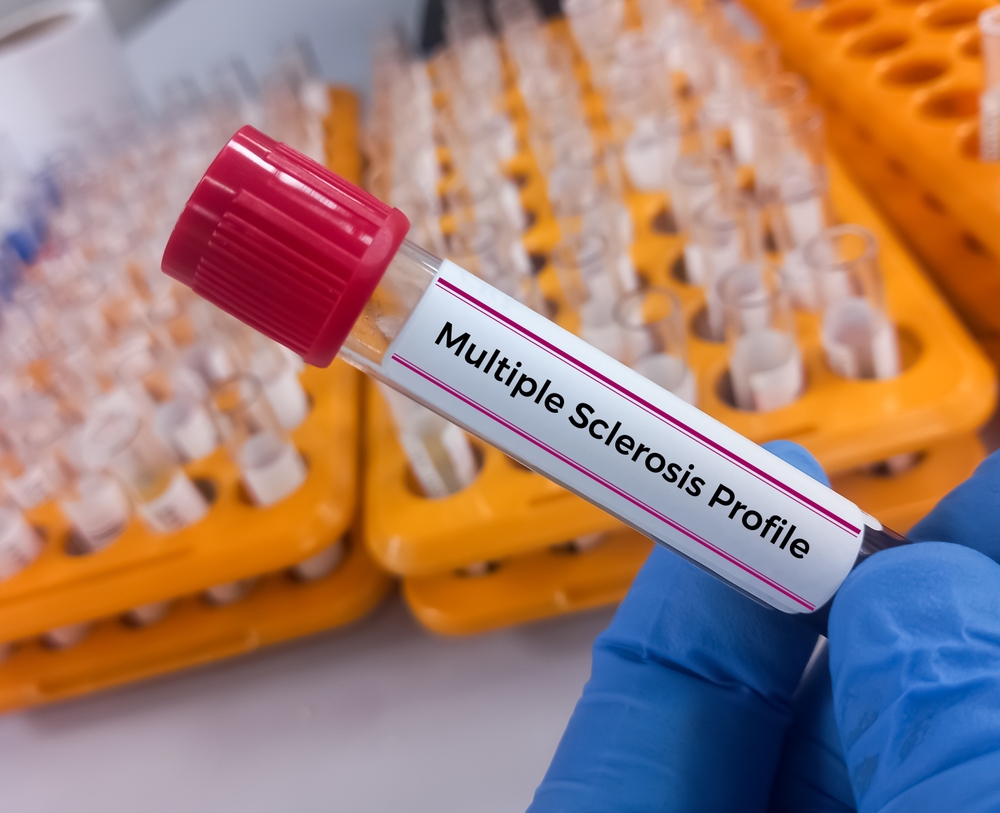
What is Multiple Sclerosis?
Multiple Sclerosis is a chronic condition that affects the myelin surrounding nerves in your central nervous system. The immune system mistakenly attacks the myelin sheath in multiple sclerosis (MS), resulting in impaired communication between the brain and the body. In the long run, the disease can result in irreversible harm or weakening of the nerve fibres.
It is commonly believed that this condition is an autoimmune disorder, where the body mistakenly targets itself. Multiple sclerosis is a condition that impacts individuals in various ways. Ayurvedic treatment for Multiple Sclerosis in Kerala is highly effective and beneficial. Ayurvedic treatment promotes the health of the cells that produce myelin, while also enhancing your overall immune system. Ayurvedic therapy focuses on finding the underlying cause of the illness. Multiple Sclerosis can be triggered by an imbalance of Vata dosha. Due to its ability to bring the three doshas into balance, Panchakarma treatment for MS is widely regarded as the most effective treatment.
You can contact us for the queries regarding Panchakarma treatment for MS in Kerala.
Need to know about the ayurvedic treatment for Cervical Dystonia and Parkinson's disease?

Ayurveda's Holistic Care for Coping with Multiple Sclerosis
According to Ayurveda, a disruption in body energy leads to multiple sclerosis. Various symptoms occur when the fundamental principles or dosha are modified or disrupted. When the balance of the body's systems is disturbed, it can cause digestion problems and the accumulation of toxins in the body. The presence of toxins in the body can block the tiny channels, preventing the smooth flow of energy and resulting in neuromuscular disorders. Without proper treatment, these blockages have the potential to be fatal and cause permanent damage to nerves and tissues.
At Ayur Bethaniya Ayurveda Hospital, our approach is to address the root cause of any condition, ensuring that it doesn't relapse. Our Ayurvedic treatment plan involves using specialised herbal formulas to detoxify and restore the digestive system. The Ayurvedic treatment for Multiple Sclerosis, administered by our practitioners, is both comprehensive and proven. It aids in removing toxins or doshas from the body and restoring balance.
By consuming our herbal decoction, you can improve digestion, eliminate nervous system obstructions, rejuvenate your body, and enhance blood circulation. Additionally, it helps to create a sense of harmony and balance within the body's core principles. The doctor recommends incorporating lifestyle modifications, such as a proper diet and regimen, along with the treatment procedure, to restore nervous system function. Its purpose is to regenerate nerves, body cells, and the brain. As a result, the patient can recover at a quicker pace compared to other methods.
At Ayur Bethaniya, we customise treatment plans based on individual health conditions. Our plans include herbal oil massages and specialised treatments that assist in the internal cleansing of the body's systems. Treatment length is determined by how severe the condition is, typically lasting between 3 to 5 weeks, to establish a healthy internal environment for faster healing. The treatment plan targets and removes toxins and blockage responsible for multiple sclerosis symptoms. This effectively resolves the health issue for the patient.
At Ayur Bethaniya, we offer personalised herbal treatment plans to safely and effectively heal Multiple Sclerosis. Our approach focuses on purifying and rejuvenating the body, mind, and soul to help individuals recover from disease.
Feel free to contact us for Ayurvedic Treatment for Multiple Sclerosis in Kerala.


